The relationship between humans and cats has evolved over thousands of years, transitioning from a purely utilitarian association to a companionship that provides emotional and psychological benefits. This bond is rooted in our mutual needs for affection, companionship, and security, forming an intimate relationship that offers numerous psychological advantages to cat owners.
Stress Reduction
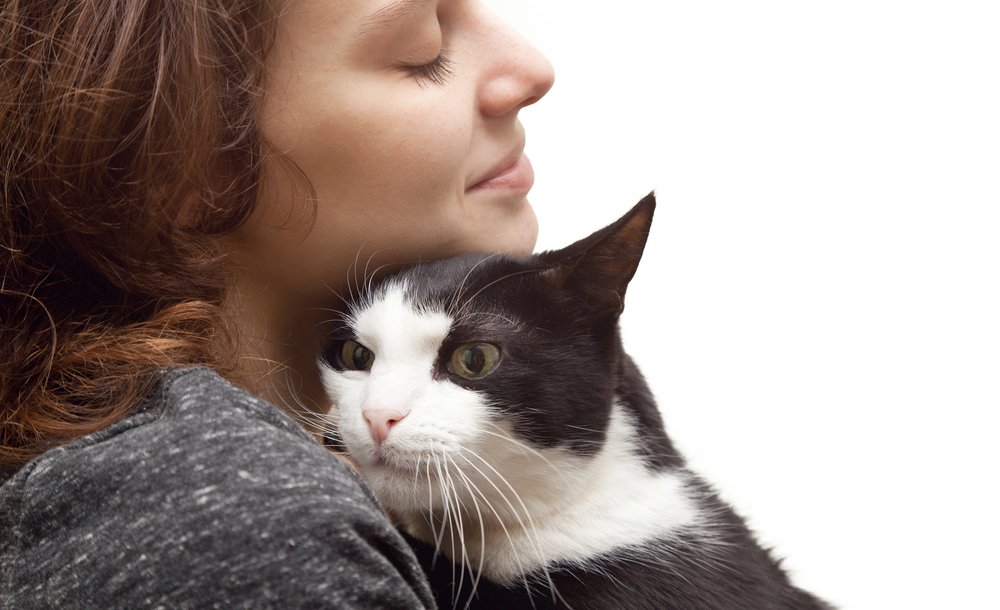
One of the most significant psychological benefits of owning a cat is stress reduction. Interacting with cats, such as petting or playing, can trigger the release of endorphins, inducing a sense of calm and relaxation. Studies indicate that the physical act of stroking a cat releases oxytocin, a hormone associated with stress relief, helping to stabilize mood and reduce anxiety levels.
Depression Alleviation
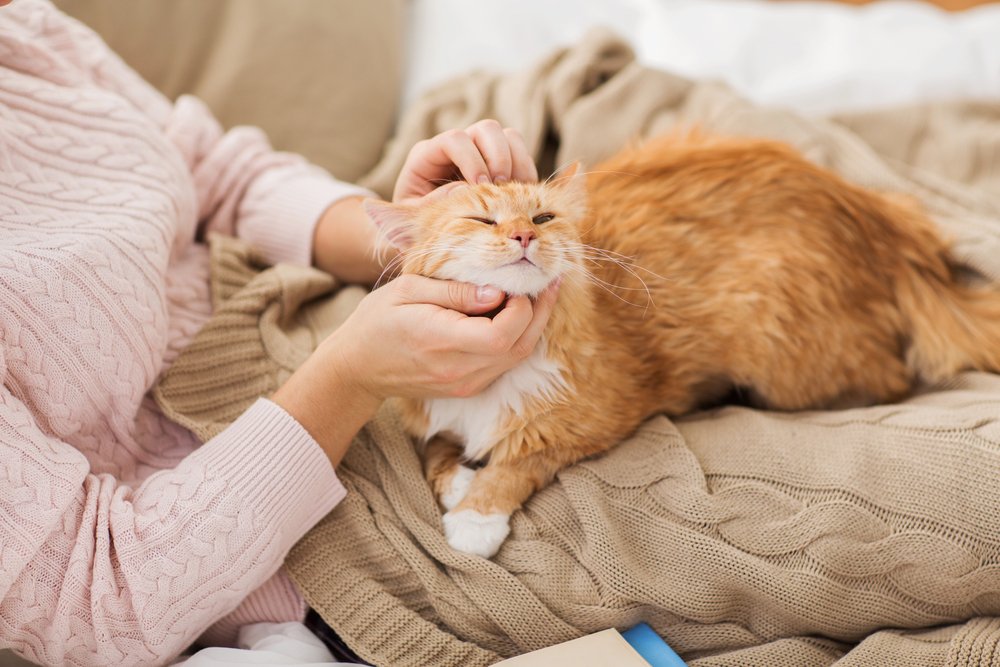
Cats provide companionship and unconditional love, which can be particularly beneficial for individuals suffering from depression. The presence of a cat can alleviate feelings of loneliness and provide daily structure and purpose. The simple act of caring for a cat—feeding, grooming, and playing—can create a routine that helps combat depressive symptoms.
Boosting Emotional Well-being

Having a cat around can substantially boost one’s emotional well-being. Cats offer a warm and comforting presence, and their purring sound can be especially soothing. This gentle vibration is believed to promote relaxation and healing, effectively enhancing mood and emotional stability. Also, sharing life with a cat can increase the production of dopamine and serotonin, chemicals linked to happiness.
Improving Social Skills
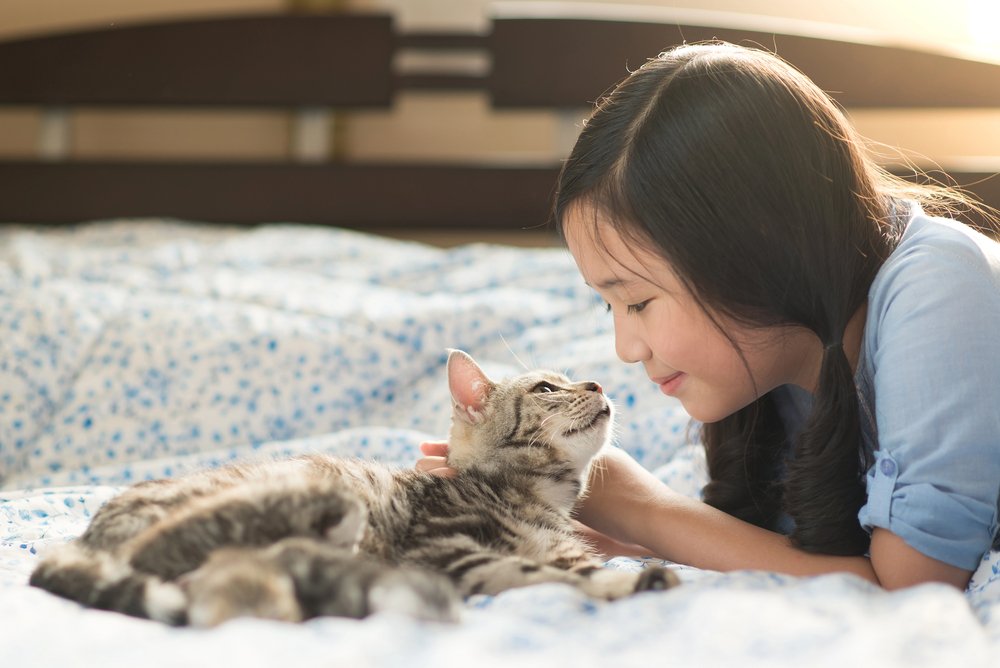
Cat ownership can enhance an individual’s social skills and empathy. By taking care of a cat, owners learn to interpret their pet’s moods and behaviors, which requires empathy and patience. Additionally, talking about their pets can become a gateway for social interactions, fostering communication and interpersonal relationships.
Enhancing Mindfulness

Cats are masters of living in the moment, often indulging in prolonged periods of rest and observation. Cats encourage their owners to slow down and pay attention to their surroundings, promoting a mindful approach to life. This can have a profound effect on reducing anxiety and enhancing life satisfaction, as mindfulness practices are linked to improved mental health.
Increased Sense of Security
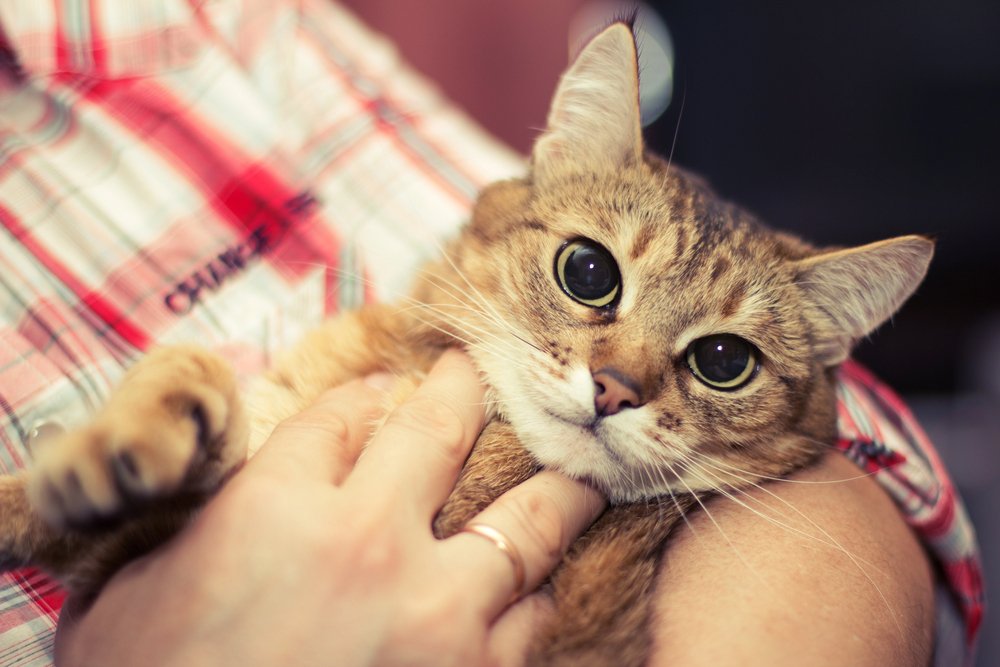
Beyond companionship, cats can increase a sense of security in the home. Their keen senses alert owners to unusual sounds or movements. This subtle alertness can help owners feel safer, contributing to a sense of calmness and assurance, especially for individuals living alone.
Reduction in Cardiovascular Risks
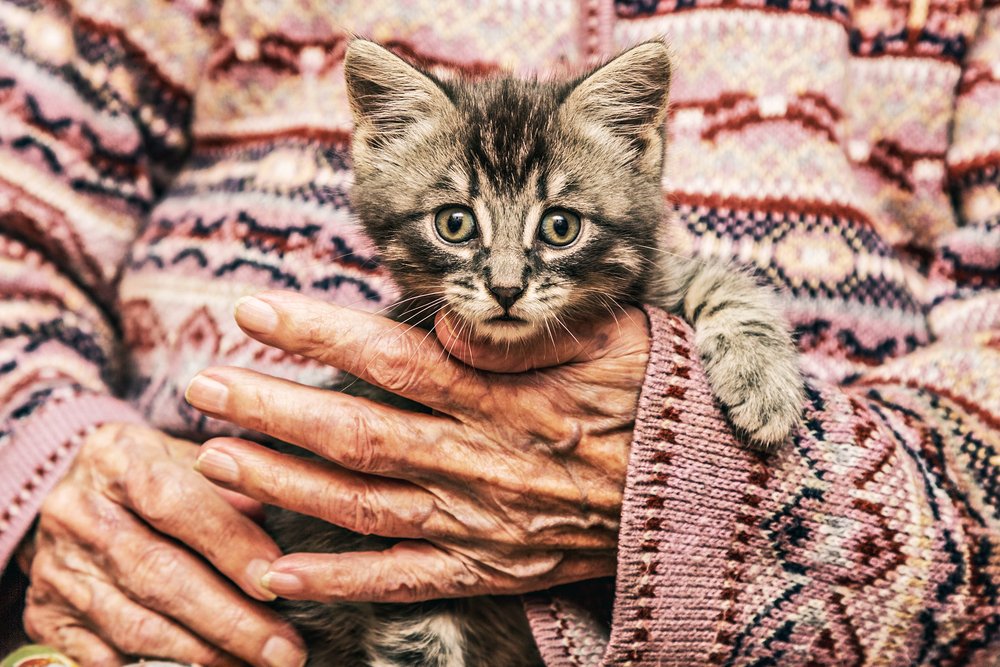
Research suggests that cat ownership is linked to a reduced risk of heart attacks and strokes. The calming effect of being around cats can lower blood pressure and reduce heart rate, contributing to improved cardiovascular health. Though more research is needed, the soothing presence of a cat is believed to play a role in better heart health.
Therapeutic Benefits
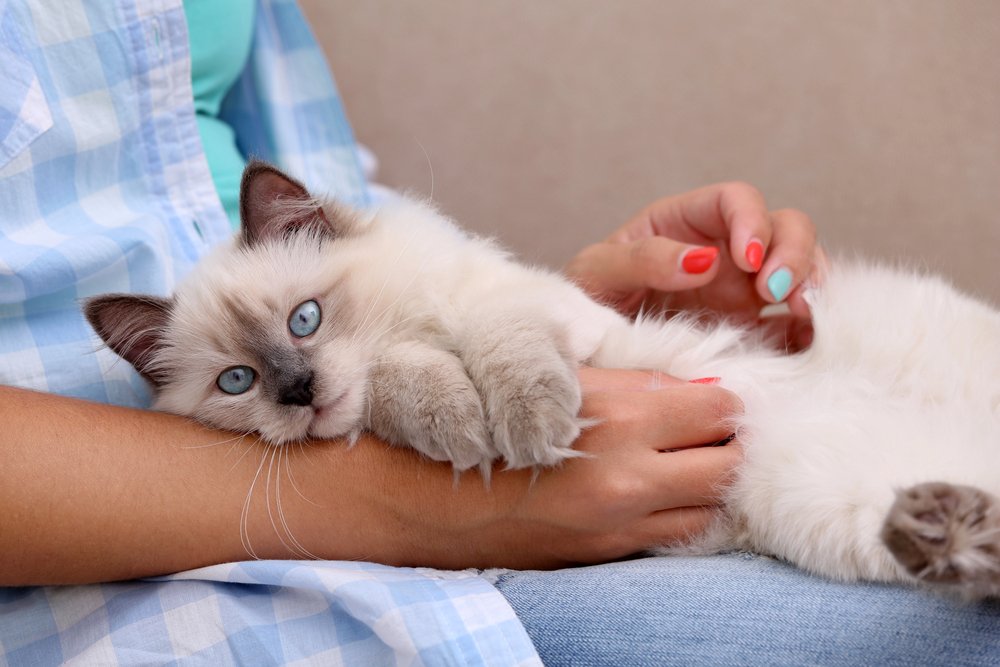
Cats are increasingly used in animal-assisted therapy, helping individuals cope with various mental and emotional disorders. Their non-judgmental companionship provides comfort and support in therapeutic settings, assisting with conditions such as PTSD, anxiety disorders, and autism. The presence of a cat during therapy sessions can make the environment more comfortable and conducive to healing.
Building Responsibility and Routine
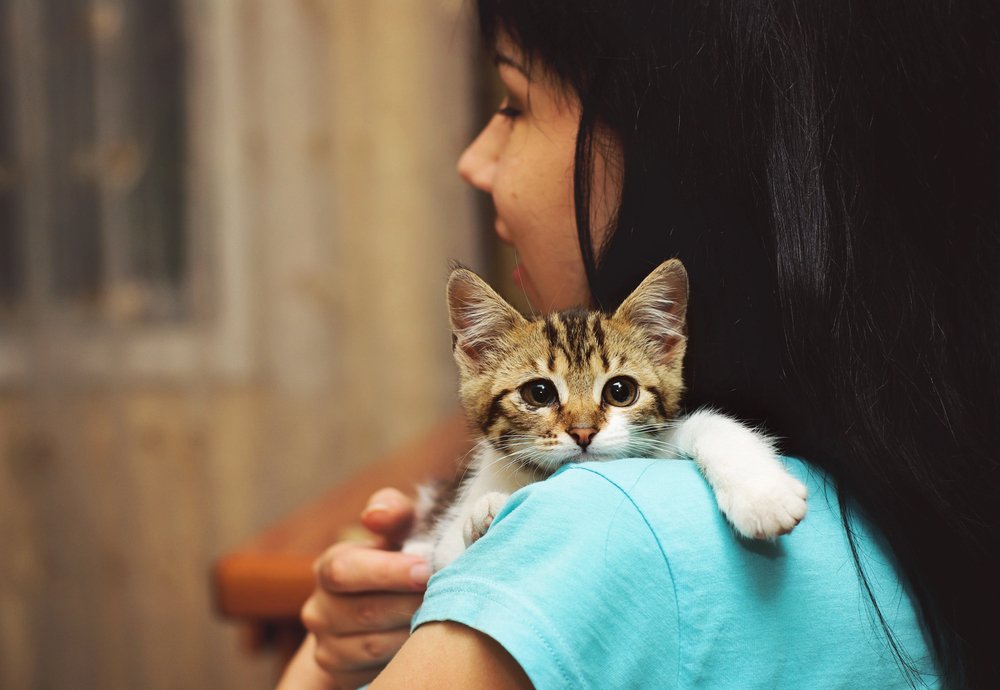
Owning a cat requires commitment and responsibility, which can have positive psychological effects. Pet ownership introduces structure to an owner’s life, fostering a consistent routine. This can be particularly beneficial for children or individuals struggling with time management, providing a sense of purpose and accomplishment in caring for another being.
A Mutually Beneficial Relationship

While cats are often regarded as independent, owning a cat can provide significant psychological benefits for humans. From stress reduction to improved social skills, the positive effects of this companionship are tangible and rewarding. As we continue to explore the depth of the human-animal bond, it becomes increasingly clear that cats provide not just companionship but meaningful contributions to our mental health and overall well-being.

Growing up traveling and experiencing new cultures and wonders, I have had a passion for nature, adventuring, photography, and videography. I am currently working towards a BSc in Biodiversity and Ecology at Stellenbosch University, and I hope to specialise in Marine Sciences one day.
Please send any feedback to Feedback@animalsaroundtheglobe.com






